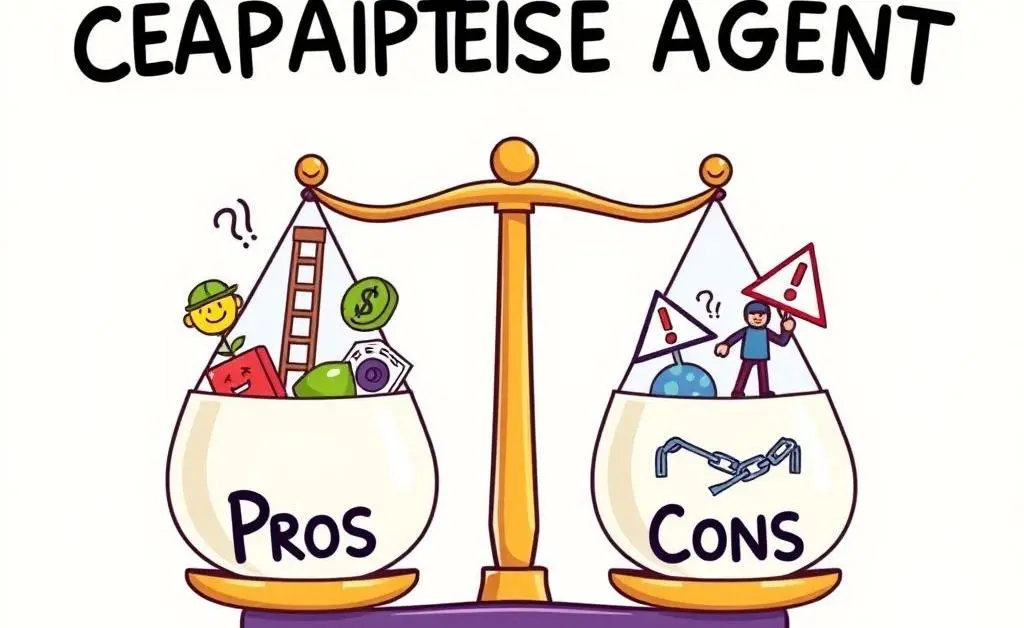Exploring the Pros and Cons of Becoming a Captive Insurance Agent
Discover the ins and outs of becoming a captive insurance agent and what to consider.

Have you ever wondered what it would be like to become a captive insurance agent? Maybe you're considering a career change, or you're just curious about what makes this role different from others in the insurance world. Well, let's dive right in and explore what becoming a captive insurance agent really means and whether it might be the right path for you.
What is a Captive Insurance Agent?
A captive insurance agent is someone who works exclusively for a single insurance company, selling only their products. Think of them as the loyal ambassadors of a specific brand. Unlike independent agents who offer a variety of policies from different companies, captive agents are dedicated to one brand. This role can be both rewarding and limiting, and it's essential to understand these dynamics before jumping in.
Pros of Being a Captive Insurance Agent
Working as a captive agent has its perks. Here are some advantages:
- Brand Recognition: You're backed by a well-known company, which can make your job easier when clients trust the brand.
- Training and Resources: Captive agents often receive extensive training and support, helping them become experts in their company’s offerings.
- Steady Client Base: Established companies may provide leads, reducing the initial hustle to find clients.
Imagine Sarah, who became a captive agent after years in retail. She loved knowing her company inside out and appreciated the support she got right from the start. For her, the known entity was a welcome change from the unpredictability of retail.
Cons to Consider
Of course, like any job, being a captive agent comes with challenges:
- Limited Product Range: Selling only one company’s products can be restrictive when clients are seeking variety.
- Strict Sales Targets: High expectations can create pressure to meet targets consistently.
- Less Flexibility: Tied to one company means less room to tailor solutions to clients' diverse needs.
For someone like Mike, an independent spirit, the constraints felt stifling. He found he missed having the freedom to offer more tailor-made solutions to his clients.
Is It the Right Choice for You?
Deciding to become a captive agent hinges on what you value most in a career. If stability, comprehensive support, and aligning with a well-known brand appeal to you, it might be a perfect fit. However, if you crave variety and independence, you might want to explore other options.
Ultimately, the choice is deeply personal and should align with both your professional goals and personal strengths. Are there aspects of a captive agent's life that intrigue you, or do you see potential pitfalls that concern you? Let me know what you think!







